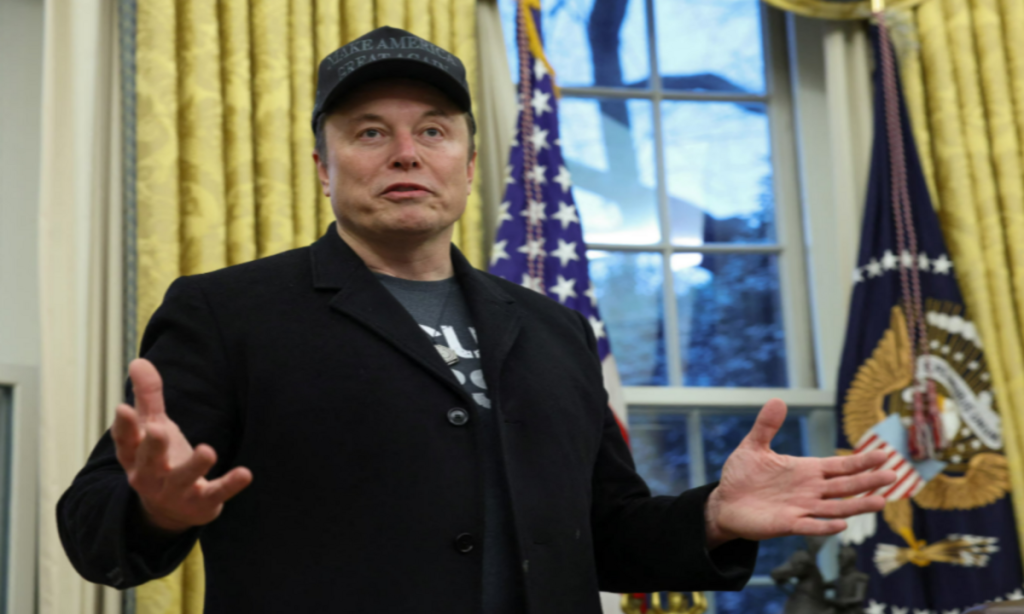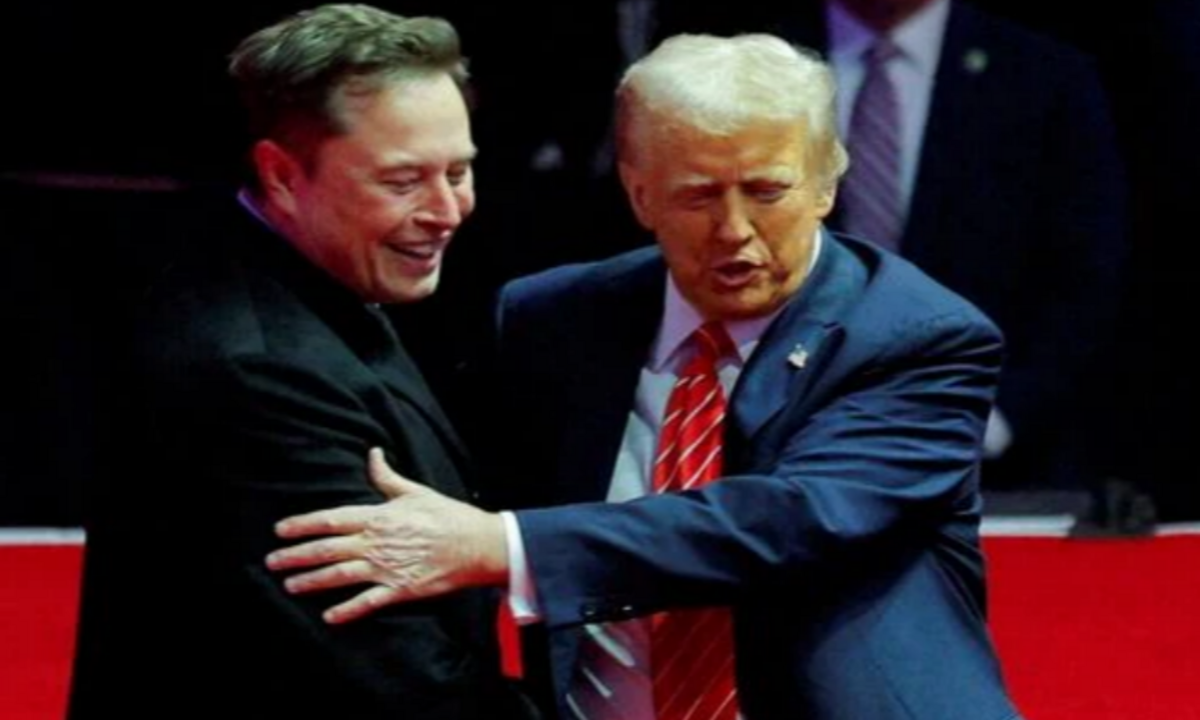Former President Donald Trump and Elon Musk have launched a fresh attack on Reuters, claiming that the news agency received $9 million from the U.S. Department of Defense to study “large-scale social deception.”
However, fact-checkers and officials have clarified that this claim misrepresents the contract and overlooks key details about how the funding was used.
The controversy stems from a 2018 Pentagon contract issued under Trump’s own administration. The contract was not awarded to Reuters News, the global journalism organization, but to Thomson Reuters Special Services (TRSS)—a separate entity that specializes in cybersecurity, fraud detection, and risk management.
Despite this distinction, Musk amplified claims that Reuters was involved in government-led social deception, and Trump followed up with an angry demand that the news agency “GIVE BACK THE MONEY, NOW!”
What Was the $9 Million Contract Really About?
The Department of Defense (DoD) contract was awarded in 2018 to Thomson Reuters Special Services (TRSS) for work related to cybersecurity and social engineering defense.
Goal of the Contract:
The contract aimed to study and develop defenses against large-scale social engineering attacks—which are cyber threats that manipulate people into revealing sensitive information.
Issued By:
The contract came through the Air Force Research Laboratory and Defense Advanced Research Projects Agency (DARPA).
Purpose of Research:
TRSS was tasked with developing tools to detect and analyze social deception tactics used by foreign adversaries, cybercriminals, and fraudsters.
Not a Payment to Reuters News:
Despite claims by Trump and Musk, this contract was not about hiring Reuters journalists to spread misinformation or propaganda. TRSS operates independently from Reuters News and provides data-driven solutions to government agencies.
How Did the Controversy Start?
The issue gained attention after Musk, unhappy with a Reuters report criticizing budget cuts at his Department of Government Efficiency (DOGE), encouraged his followers to investigate how much federal money Reuters had received.
Ian Miles Cheong, a well-known MAGA social media influencer, surfaced the 2018 contract, suggesting that Reuters had been paid millions for social engineering work.
Musk amplified this narrative, claiming that the contract proved Reuters had received funding for social deception operations. This fueled conspiracy theories online, leading Trump to post on Truth Social, demanding the agency return the money.
Clarification from Thomson Reuters
Amid growing misinformation, Thomson Reuters Special Services (TRSS) issued a statement to clear up confusion.
Steve Rubley, CEO of TRSS, explained that his company operates separately from Reuters News and has long worked with the U.S. government on fraud prevention, public safety, and risk management.
TRSS provides software and intelligence services that help agencies detect cyber threats, not spread propaganda.
Reuters News remains independent and was not involved in the Pentagon contract.
The company emphasized that recent public discussions have wrongly conflated Reuters News with TRSS, creating a false narrative about the nature of their work.
Why the Misunderstanding Matters
Misinformation Hurts Public Trust – The spread of false claims about government contracts can mislead the public about how taxpayer money is spent.
The Debate Over Government Spending Continues – Critics argue that taxpayer funds should be used more transparently, while supporters say cybersecurity research is essential to protect against online threats.
Political Agendas Shape Narratives – Trump and Musk’s targeting of media organizations is part of a broader trend of discrediting traditional news sources.
Despite the outrage online, experts say the $9 million contract was a standard cybersecurity research initiative, not a secret government propaganda deal.
What Happens Next?
The misinformation surrounding this contract is unlikely to disappear, especially as Trump continues to attack mainstream news outlets. However, the Department of Defense and Thomson Reuters have firmly stated that:
The contract was for cybersecurity research.
Reuters News was not involved in social deception campaigns.
Thomson Reuters Special Services (TRSS) remains an independent entity with no influence on Reuters’ editorial coverage.
With Trump campaigning for a return to the presidency and Musk influencing political narratives through X (formerly Twitter), this kind of media controversy may continue leading up to the 2024 elections.
Final Thoughts
While Trump and Musk’s claims have stirred controversy, the reality is that the $9 million Pentagon contract was awarded for cybersecurity purposes, not media manipulation. The distinction between TRSS and Reuters News is important, and misrepresenting government contracts for political purposes can create unnecessary confusion.
With ongoing debates about government spending, cybersecurity, and media trust, this incident highlights the need for fact-checking and clear communication.
Disclaimer—Our team has checked this article to ensure its accuracy and eliminate any misinformation. We are committed to providing clear and reliable information for our readers.


